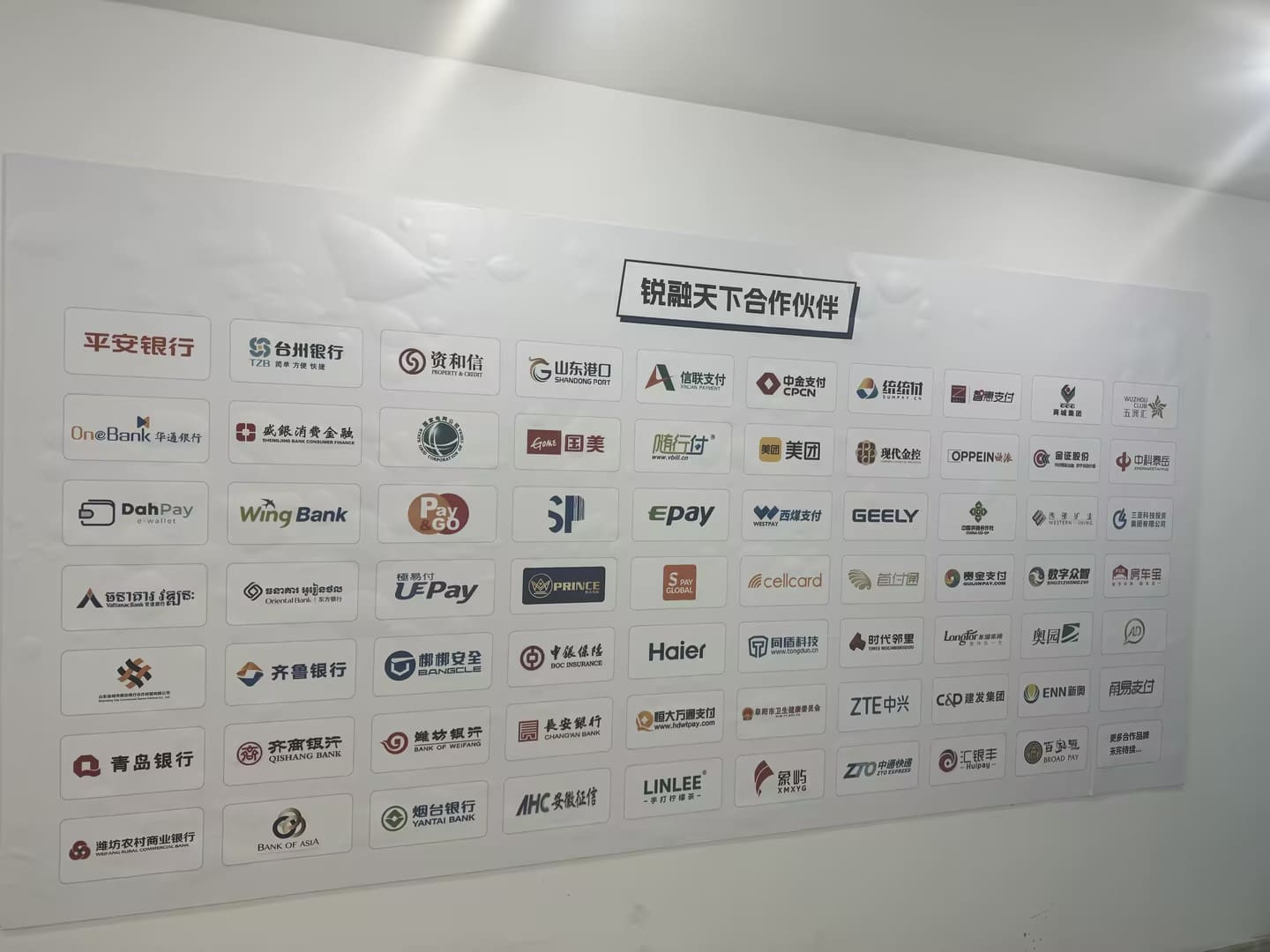Ensuring Secure Transactions: A Comprehensive Guide to Compliant Payment Systems
When it comes to online transactions, secure and compliant payment systems are paramount. In today’s digital age, the need for robust payment systems that protect sensitive information is more critical than ever. From PCI DSS compliance to encryption protocols, there are various measures that organizations can implement to safeguard payment data and provide customers with peace of mind.
One of the key aspects of a secure payment system is encryption. Encryption helps in protecting data as it is transmitted between the customer’s device and the payment gateway. Implementing end-to-end encryption protocols ensures that sensitive information such as credit card details remains secure from unauthorized access.
Furthermore, PCI DSS compliance is another crucial factor in ensuring the security of payment systems. The Payment Card Industry Data Security Standard (PCI DSS) sets out a framework of security requirements that businesses must adhere to when handling payment card data. By following these standards, organizations can reduce the risk of data breaches and maintain the trust of their customers.
Tokenization is another effective method for securing payment data. By replacing sensitive information with unique tokens, organizations can minimize the risk of data theft. Tokenization ensures that even if a hacker gains access to the token, they cannot decipher the original payment data, making it a valuable tool in enhancing payment security.
In addition to implementing robust security measures, organizations must also stay informed about the latest cybersecurity threats and trends. By conducting regular security audits and staying up-to-date with industry best practices, businesses can proactively mitigate risks and respond effectively to potential security incidents.
Overall, secure and compliant payment systems are essential for protecting customer data and maintaining trust in online transactions. By prioritizing security measures such as encryption, PCI DSS compliance, and tokenization, organizations can create a safe and reliable payment environment for their customers.
Implementing secure payment systems is not only a regulatory requirement but also a moral obligation to safeguard the trust and confidentiality of customers. In today’s interconnected world, where cyber threats are ever-evolving, staying ahead of the curve with robust security protocols is crucial for the long-term success of any business.
Ensuring secure transactions through compliant payment systems is not just a checkbox exercise; it is a continuous commitment to protecting customer data and upholding the integrity of online transactions. By embracing a culture of security and investing in the right technologies, organizations can build a reputation for trustworthiness and reliability that sets them apart from the competition.
Remember, in the digital landscape, security is not a one-time investment but an ongoing journey that requires vigilance and dedication. By prioritizing secure and compliant payment systems, businesses can safeguard their customers against cyber threats and build a foundation of trust that positions them for sustainable growth and success in the digital economy.

 Arabic
Arabic Dutch
Dutch French
French German
German Italian
Italian Portuguese
Portuguese Russian
Russian Spanish
Spanish












